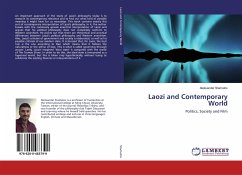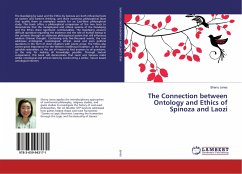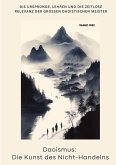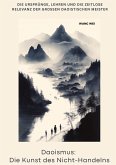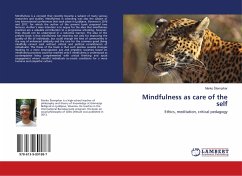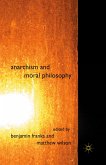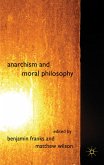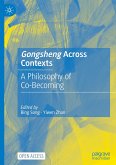An important approach of the study of Laozi's philosophy today is to research its contemporary relevance and to find out what kind of possible meaning it might have for us nowadays. This book contains exactly this sort of contemporary interpretation of Laozi's philosophy. In it, the author breaks with the commonly spread anarchist interpretation of Laozi and argues that his political philosophy does not completely conform to Western anarchism. He points out that there are theoretical and practical differences between Laozi's political philosophy and Western anarchism. Also, Laozi's criticism of government and society is elaborated, as well as his possible criticism of our modern state. It is stressed that, for Laozi, the best rule is the one according to Dao which means that it follows the naturalness or the self-so of Dao. This is what is called governing through wuwei. Lastly, Laozi's imagined "ideal state" is compared with the world of The Truman Show. In order to do this, theideal state is interpreted as a hyperreal world, but this is taken only hypothetically, without trying to substitute the existing theories or interpretations of it.
Bitte wählen Sie Ihr Anliegen aus.
Rechnungen
Retourenschein anfordern
Bestellstatus
Storno

